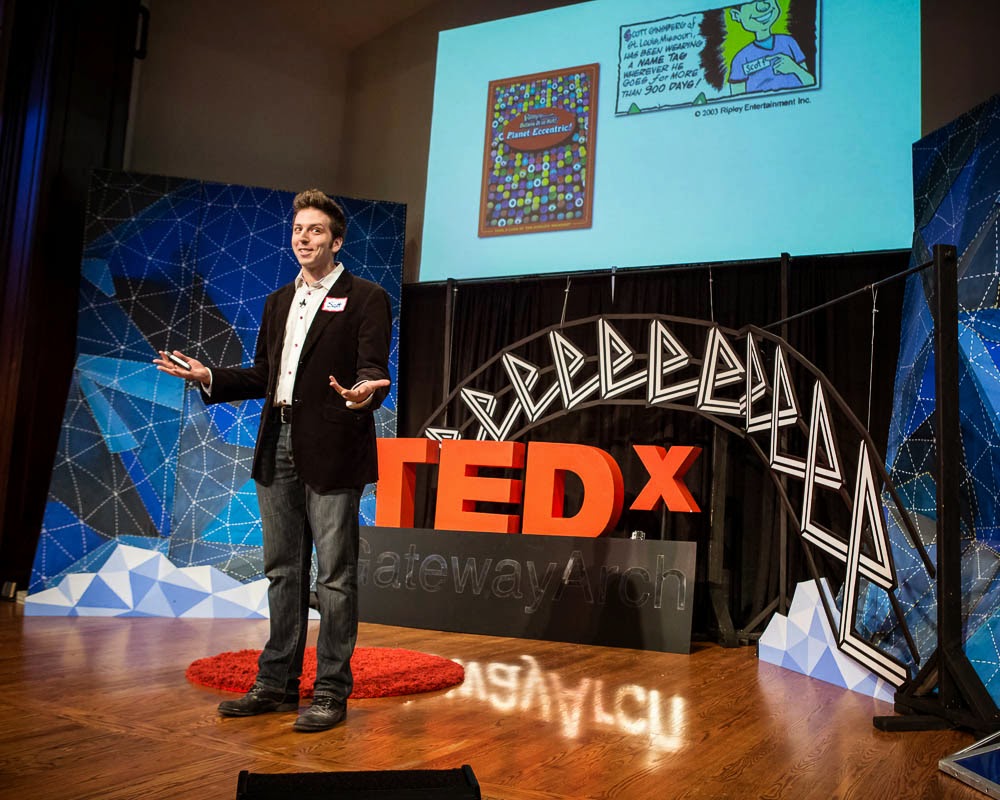

Forgive them, for they know not what they do.
This widely quoted scripture is called the word of forgiveness, which is theologically interpreted as the prayer for those who carried out the famous biblical crucifixion.
Jesus was asking forgiveness for those who put him to death.
But of course, the plea was for also for all of humanity.
And so, putting religion aside, it’s an important lesson in interpersonal compassion. The prayer is an invitation to transcend the confines of our limited and isolated egos, respect people’s mysteries and love their processes as if they were our own.
After all, if somebody’s behavior seems bizarre and confusing and alarming to us, imagine how strange it must feel to them.
People don’t always know why they do what they do. Things just happen.
And yet, isn’t that the definition of an open heart? The capacity to receive another person into our life, free of our defenses?
The vulnerability to trust the information they provide, even if it’s not complete or clear?
Dickenson once coined a beautiful phrase for this very process:
Allowing the soul to stand ajar.
Meaning, even if the world tries to condition the openness out of us, we’re ready to accept new ideas and perspectives.
Remember, there’s nothing stronger than a person with an open heart. It’s the aperture through which love can enter.
It’s the maturity to realize the other person is a mystery to you, but also to themselves.
LET ME ASK YA THIS…
Are you forgiving and adventurous enough to commit to an uncertain outcome?
LET ME SUGGEST THIS…
For the list called, “99 Ways to Think Like an Entrepreneur, Even If You Aren’t One,” send an email to me, and you win the list for free!
* * * *
Scott Ginsberg
That Guy with the Nametag
Author. Speaker. Strategist. Inventor. Filmmaker. Publisher. Songwriter.

Never the same speech twice. Customized for your audience. Impossible to walk away uninspired.
Now booking for 2017-2018.
Email to inquire about fees and availability. Watch clips of
The Nametag Guy in action here!
